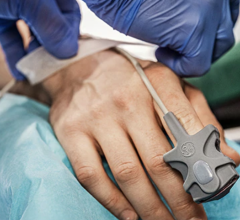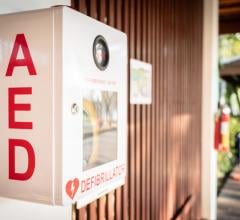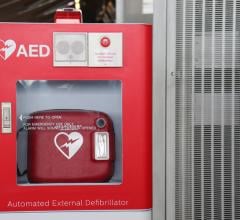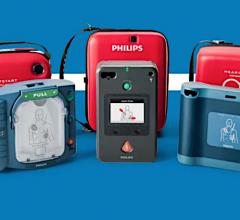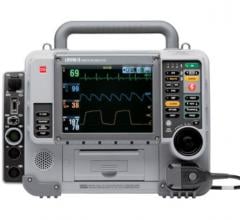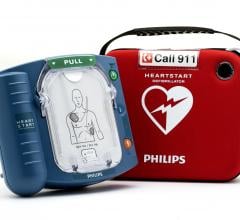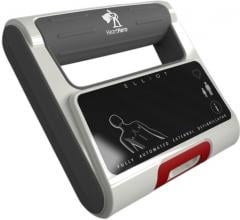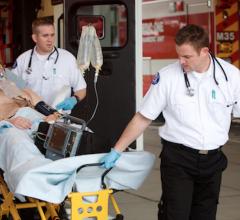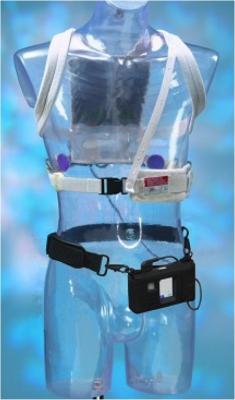
December 22, 2015 - The U.S. Food and Drug Administration has cleared the Zoll LifeVest Wearable Cardioverter Defibrillator, Models 3000, 3100, and 4000, for the additional indication treating pediatric patients
The Zoll LifeVest is a wearable cardioverter defibrillator to monitor and treat dangerous, abnormally fast heart rhythms. These life threatening arrhythmias can lead to a complete absence of heartbeat (sudden cardiac arrest) and death (sudden cardiac death) if they are not treated. This device was first approved for patients 18 years of age and over in 2001, and it is now available for children. Patients under the age of 18 must have a chest circumference of 26 inches and weigh at least 18.75 kg (approximately 43 pounds, the average size of an 8-year-old).
The LifeVest system consists of two main components, an electrode belt that fits within a lightweight garment worn on the patient's chest, and a monitor and alarm that the patient wears around the waist. The system continuously monitors a patient's heartbeat. If it detects an abnormally fast heartbeat (ventricular tachycardia), or if the system detects an abnormally irregular heartbeat (ventricular fibrillation), it delivers a high-energy shock.
When the device detects an abnormal heart rhythm, an alarm sequence begins, giving a patient time to stop the treatment if it is not necessary. The patient can prevent a shock by simultaneously pressing two response buttons. If the patient does not respond to the alarm or releases the response buttons, the device continues to alarm and gives a verbal warning that a treatment shock is about to be delivered. Just before a shock is delivered, blue gel within the electrodes is released so the shock will be given efficiently.
For more information: http://lifevest.zoll.com/

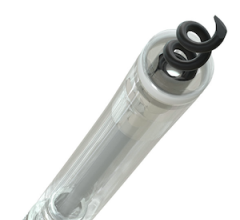
 January 13, 2026
January 13, 2026 
